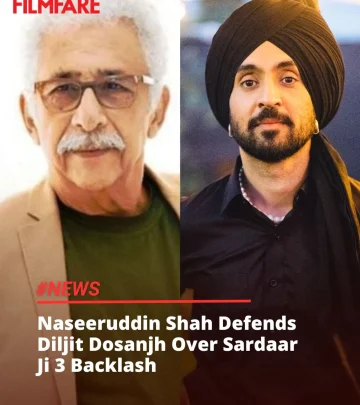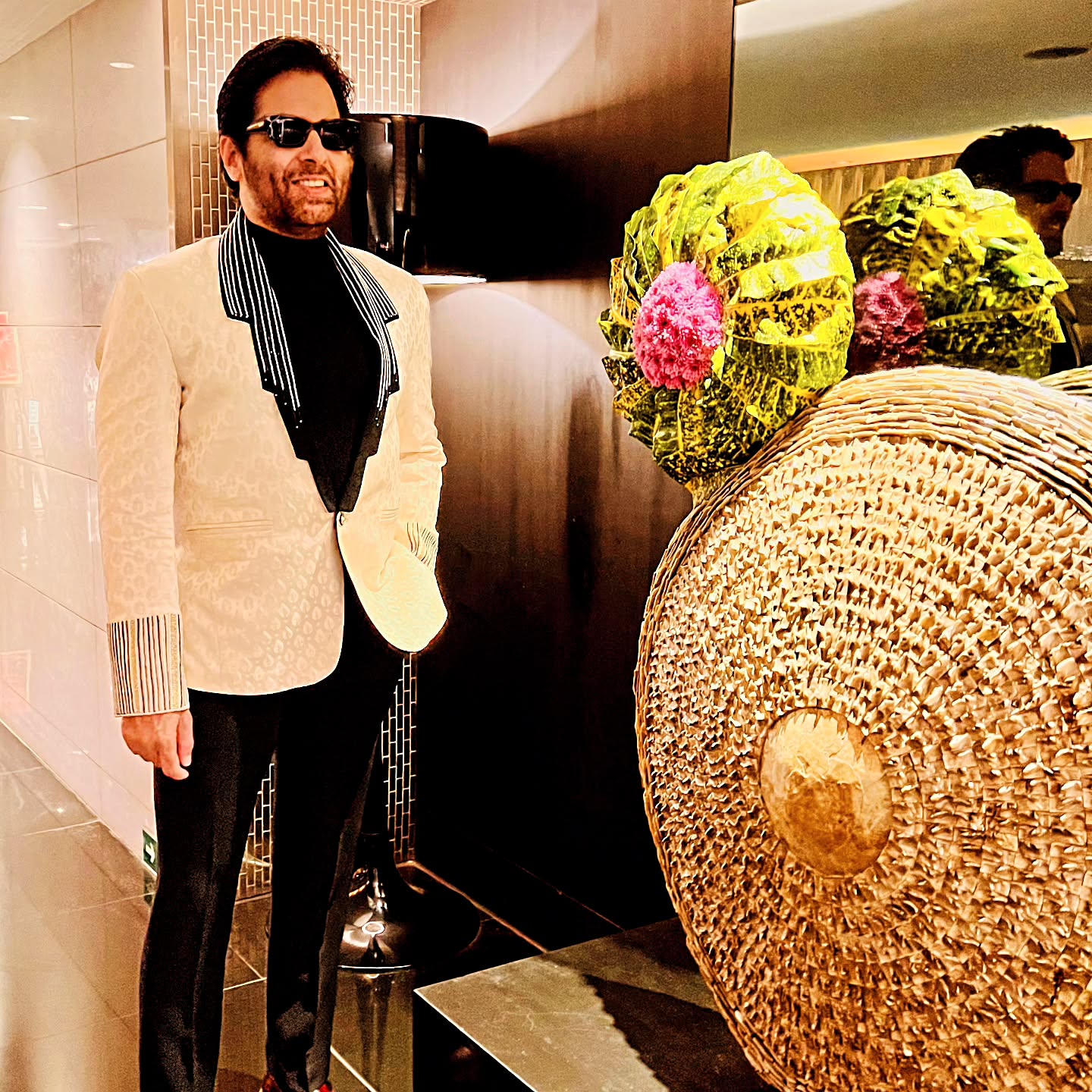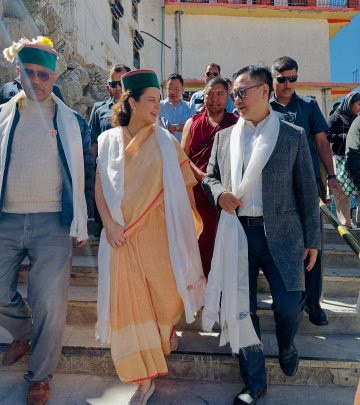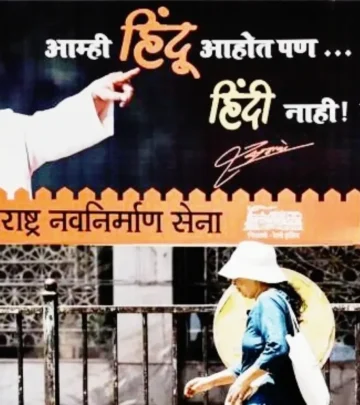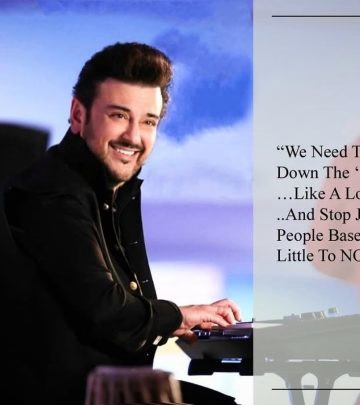Adnan Sami Condemns False Narratives
Renowned musician urges factual discourse over baseless claims amid online controversies!!!
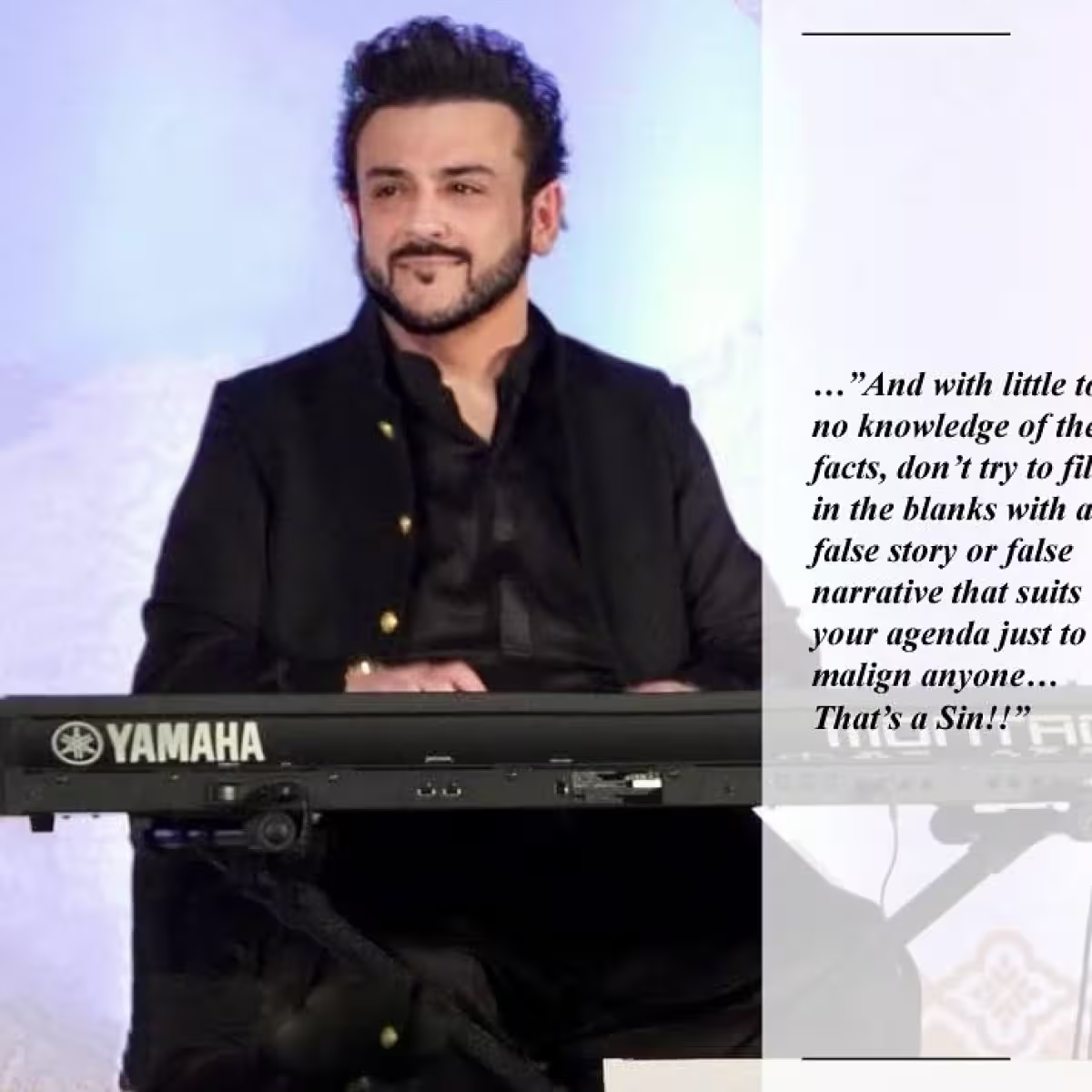
Image: Instagram
Adnan Sami, the celebrated musician known for his soulful tunes and outspoken views, has once again captured public attention with a pointed message against the spread of unfounded narratives. In his recent Instagram post, he cautioned, “And with little to no knowledge of the facts, don’t try to fill in the blanks with a false story or false narrative that suits your agenda just to malign anyone… That’s a Sin (Not that you care in the slightest)!!” This assertive remark comes at a time when misinformation continues to proliferate in the digital space, prompting public figures to emphasize the value of accurate reporting and honest discourse.
Setting The Record Straight
Adnan Sami’s message is clear: the dissemination of stories without a foundation in verified facts not only undermines the credibility of the conversation but also tarnishes individual reputations. The singer, who has had an illustrious career spanning decades, has built his name on the confluence of musical brilliance and candid commentary. With roots in classical training and a vibrant career that has seen international acclaim, Sami’s words resonate with fans and observers alike. His stand for factual integrity is a reminder that responsible communication is crucial, especially when lines between information and opinion can blur so rapidly online.
In today’s media landscape, sensationalism and clickbait have often overshadowed truth. Sami’s call to avoid “filling in the blanks with a false story” is timely and reflects the broader concern over the impact of misinformation on public discourse. The post serves not only as a deterrent against the propagation of half-truths but also as an invitation to cultivate a culture of verification and accountability—principles that many in the journalistic and social media spaces continually advocate.
A Call For Integrity
The issue of misinformation has been a recurring theme in public debate over recent years. High-profile figures, including musicians and social influencers, have been increasingly vocal in urging their audiences to rely on verified sources before accepting or sharing news. Adnan Sami’s statement encapsulates this sentiment perfectly. By condemning narratives that are not backed by evidence, he challenges both his followers and detractors to rethink how they consume and relay information.
This is not the first time Sami has taken to social media to address the pitfalls of unsubstantiated media narratives. In one of his previous Instagram posts, he lamented, “We Need To Tone Down The ‘Hate’… Like A Lot!! And Stop Judging People Based On Little To NO Facts!!” These messages form a consistent narrative in his public persona, emphasizing that while opinions are welcome, they must be founded on truth rather than speculation or malicious intent. This continuity adds weight to his recent admonition and underscores his dedication to fostering respectful and fact-based dialogue.
Reflecting On Past Conversations
Fans and fellow artists alike have responded positively to Sami’s outspokenness. Many appreciate his willingness to address the negative impact of baseless accusations that often find their way into social media feeds and traditional reporting alike. The ongoing conversation around media credibility—especially during politically charged times—makes his words particularly significant. In a world where a single tweet or Instagram post can trigger widespread controversy, Sami’s message is a timely reminder of the responsibility that comes with a vast public platform.
The veteran musician’s experience, as chronicled in various biographies and public records, lends authority to his call. Known for hits that resonate across generations and for a style that is both decorative and deeply emotive, Adnan Sami has never shied away from controversy when he feels that a line has been crossed. His consistent stand against misinformation suggests that for him, integrity in public discourse is as much a part of his legacy as his musical contributions.
The Impact Of A Vocal Stance
In response to his social media remarks, discussions have erupted online about the importance of truth in reporting. Observers note that while opinions are inherently subjective, the propagation of unverified stories only muddles the collective understanding of events. By insisting on a base level of factual accuracy, Sami not only challenges his critics but also invites a broader discussion on accountability in the digital age. His message can be seen as a rallying cry for those who believe that every narrative should be built on verifiable evidence and sincere intent.
As scrutiny over media practices and online behavior intensifies, figures like Adnan Sami play a crucial role in steering conversations toward greater transparency and respect. His criticism is not merely a reaction against a single incident but serves as a broader commentary on a systemic issue—where misinformation can spread as quickly as truth if not carefully monitored. His unwavering stance is emblematic of an emerging trend among public figures who are not afraid to call out practices that distort reality for personal or political gain.
In light of these discussions, it is clear that Adnan Sami’s recent Instagram post is more than just a personal remark; it is part of a wider conversation about media ethics and social responsibility. As audiences become increasingly discerning about the information they consume, the need for clear, fact-based narratives has never been more pressing. The musician’s appeal for factual integrity serves as a beacon for those tired of sensationalism and eager for a return to rigorous truth-telling.
Adnan Sami’s legacy—steeped in not only musical innovation but also in a commitment to honest dialogue—continues to evolve with his public statements. With every word, he reinforces the idea that the truth must prevail over convenient falsehoods, ultimately shaping the way stories are told and received in the digital age.
Read full bio of Glendon Moss



